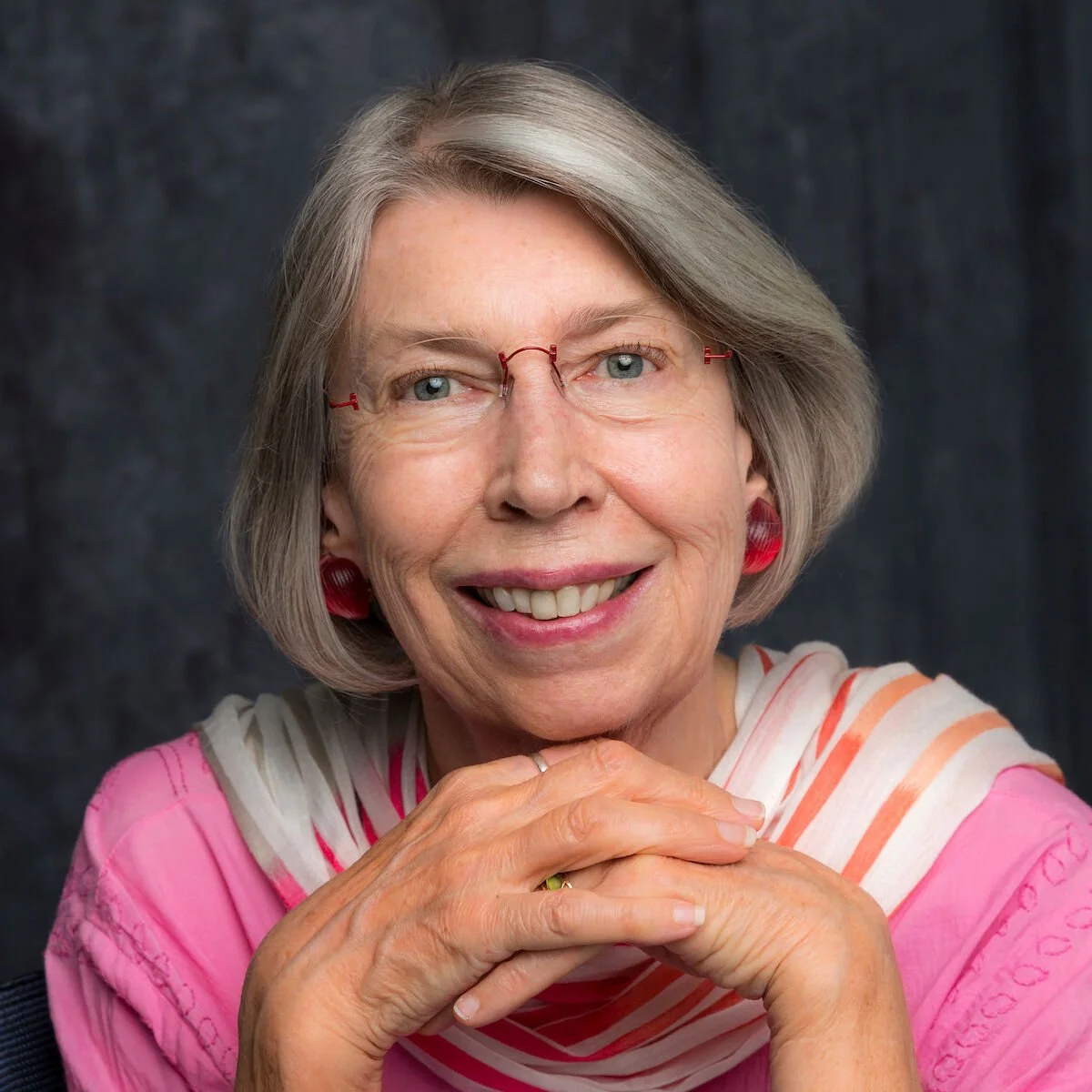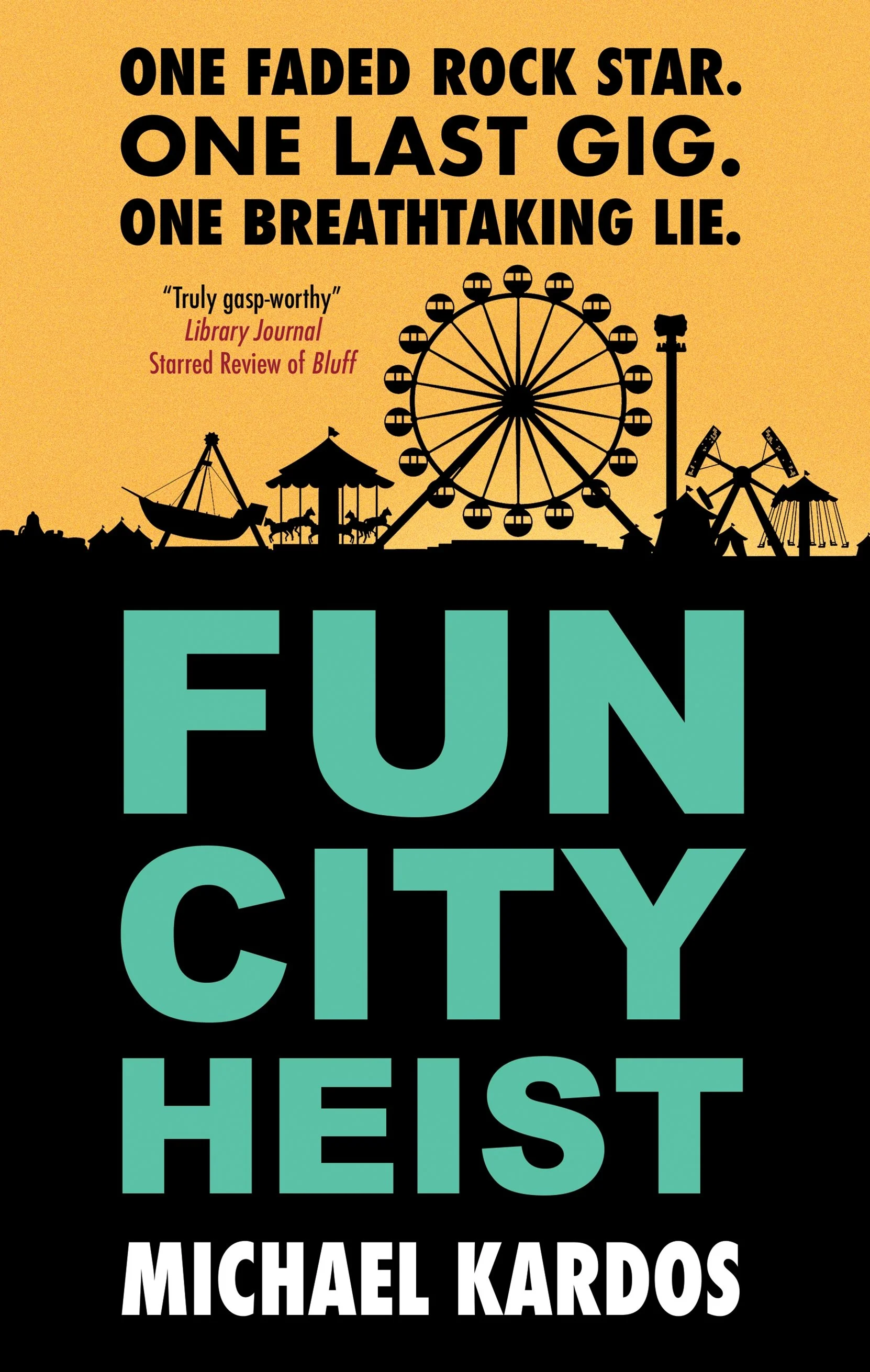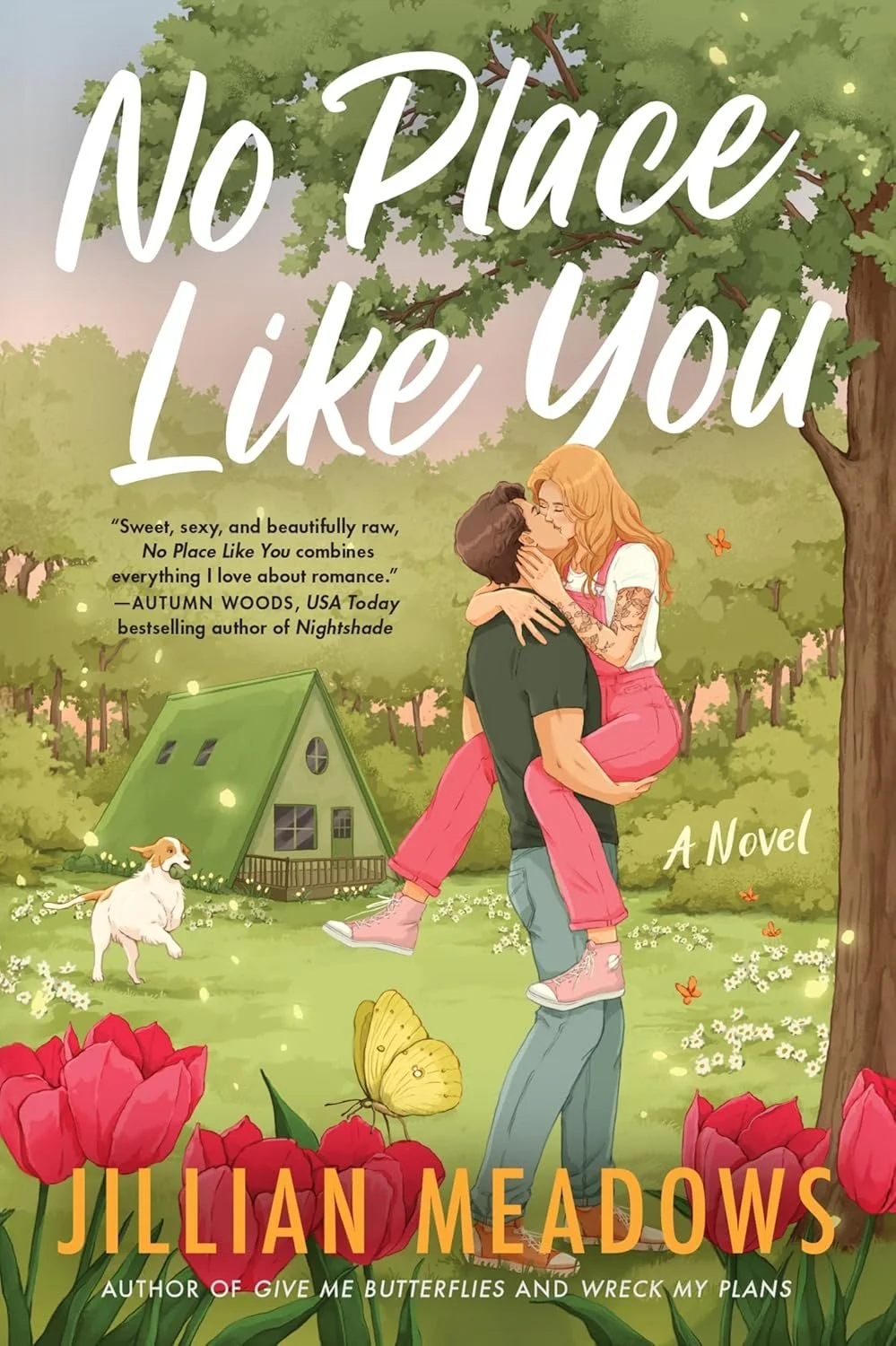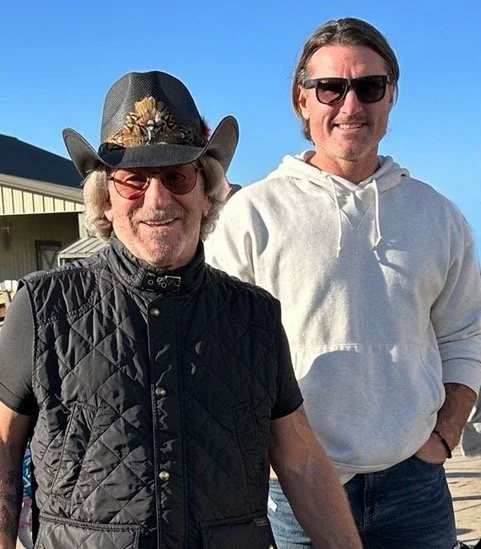Q&A with Suzanne Marriott, Watching for Dragonflies
/What was your inspiration for writing “Watching for Dragonflies” and what does the title mean to you?
As I worked on my memoir, I gained a sense of purpose. I was inspired to make my story meaningful to other caregivers, encouraging them to believe in themselves, knowing that if I could do it, so could they.
My husband had a numinous experience with dragonflies when he was able to walk almost normally in the cool waters of the Eel River, his legs kept cold and his body temperature down. On the far bank, he stood watching dragonflies flit through the reeds, transfixed as their transparent wings reflected the sunlight, transforming them into prisms of iridescent color. These dragonflies became a powerful symbol of strength and renewal for him–a symbol of being whole.
What was your relationship with your husband like, and how did his MS diagnosis change your relationship?
Though we were very much in love, there were times when our relationship was plagued by power struggles and reactive patterns. As we learned to work together to face the many challenges of multiple sclerosis, our love and trust in each other grew and our intimacy increased. We both grew psychologically and spiritually during those ten years when I was my husband’s caregiver.
What experiences helped you succeed in caregiving? Do you have any advice for caregivers?
I learned as I went along, doing what needed to be done and stretching my capabilities until I was doing things I never dreamed I could do, even things that an RN usually does. I found wonderful support through my MS Society Caregivers Group where we helped each other by sharing information and experiences. Most of all, I loved my husband and I was open to learning, doing whatever needed to be done as each new challenge arose. Also, I learned from my mistakes and didn’t let them defeat me. I encourage other caregivers to find a support group, do online research, and believe in themselves and their ability to meet whatever challenges they may face. It is of utmost importance for caregivers to take care of themselves, find some free time, do restorative things like yoga or meditation, and spend some time with supportive family and friends. When things become too much, reach out to family and friends for help or, if you can, hire a part-time caregiver to help out.
What advice do you have for writers over 50?
Believe in yourself and your ability to write a compelling book and believe in the power of story. Do research to identify your audience, know what benefit your book will bring to others, and make bringing forth that benefit your primary goal. Above all, print out your drafts and read them in hard copy to catch errors, get feedback from trusted beta readers, and revise, revise, revise.
What did you learn from your experience with cancer?
I learned the importance and value of taking care of myself and my right to live out my life for myself as well as for my husband. I sought guidance through dreams, spiritual healers, guided meditations, hypnosis, and inspirational writings. Above all else, I maintained a positive attitude, never doubting my ability to heal and to thrive. Through my experience with cancer, I grew in self-confidence and a sense of self-worth as intrinsic, not dependent on what I do for others. Through both my cancer and caregiving, I grew in assertiveness, acceptance of what I could and could not change, compassion, perseverance, and the knowledge that I could survive grief and loss.
Can you tell us a bit more about your spiritual journey?
I gained knowledge and guidance through Jungian practices such as dream work, Shamanic drumming and Native American wisdom cards, inner dialogues with my wisdom figure, Tibetan Buddhism, and after-death communication through both dreams and synchronicities. My work with a Jungian-oriented therapist supported me throughout my journey in my spiritual and psychological growth.
What’s next for you, writing-wise?
I hope to open a dialogue with other caregivers through my website and Facebook blog. I also look forward to writing personal essays on caregiving for print and online publications, and I will continue to look for new ways to tell my story and connect with other caregivers.
What do you hope readers will take away from your book?
If I can do it, so can you. Believe in yourself and your ability to learn from your mistakes. Let love and compassion be your guides, both for your loved-one and for yourself.
About Suzanne Marriott
SUZANNE MARRIOTT is a memoirist and deep-travel writer who shares her transformative experiences with her readers. She was her husband’s caregiver for the ten years he suffered from multiple sclerosis, and her writings on compassionate caregiving have been published in The Union newspaper’s Healthy You magazine. Writer Advice awarded her the “Scintillating Start Prize” for the first chapter of her memoir, Watching for Dragonflies: A Caregiver’s Transformative Journey. Her personal essay, Indian Summer, won the Fall 2012 Memoir Writing Contest from Women’s Memoirs.com and was included in the eBook anthology Seasons of Our Lives: Autumn. Suzanne’s stories of deep travel have appeared in the award-winning online magazine Your Life is a Trip and in Soul of Travel Magazine.
A native Californian, Suzanne has traveled up and down the coast of her state, exploring as far north as British Columbia and south into Mexico, where she fell in love with the colonial town of San Miguel de Allende and the Maya culture of the lower Yucatan Peninsula. She has been to Europe three times and hopes to continue exploring Europe’s many cultures and natural wonders. Her interests include transcendent experiences, afterlife communication, Jungian psychology, and Tibetan Buddhism.
Suzanne holds a BA in English from UC Berkeley, an MS in education from Cal State University, Hayward (now Cal State University, East Bay), and an MA in transpersonal psychology from The Institute of Transpersonal Psychology (now Sophia University). She is a member of The Institute of Noetic Sciences, Sierra Writers, and the National Association of Memoir Writers. She lives in an ecologically conscious cohousing community in the Sierra Nevada foothills. For more information on compassionate caregiving, visit Suzanne at www.suzannemarriottauthor.com















































